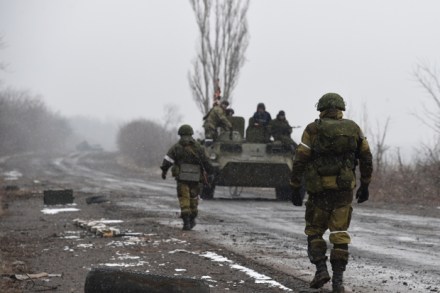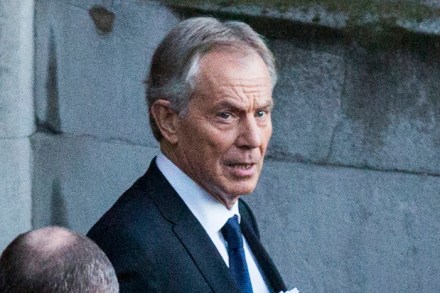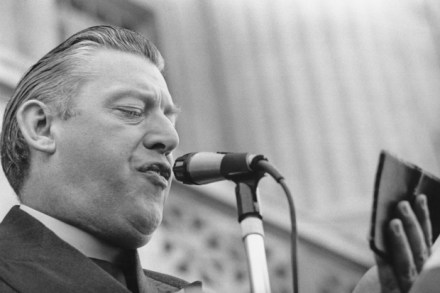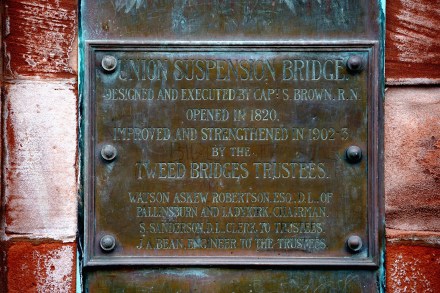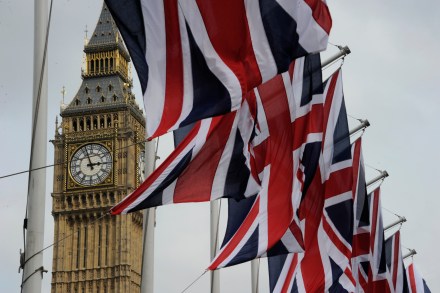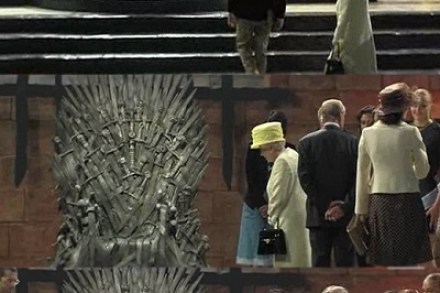The other kingmaker
Nigel Dodds, the Democratic Unionist Party leader at Westminster, is reflecting drolly on his party’s recent popularity: ‘I certainly think that the last year or two has been remarkable in the number of new friends we have encountered, people who are very keen to have a cup of tea or chat to you or whatever. I don’t put it all down to our natural charm.’ As pre-election talk of political pacts thickens — with both Conservatives and Labour angling for support — former House of Commons wallflowers have found their dance cards increasingly full. Which of the main parties might feel like a more natural ally? I ask. Dodds won’t





